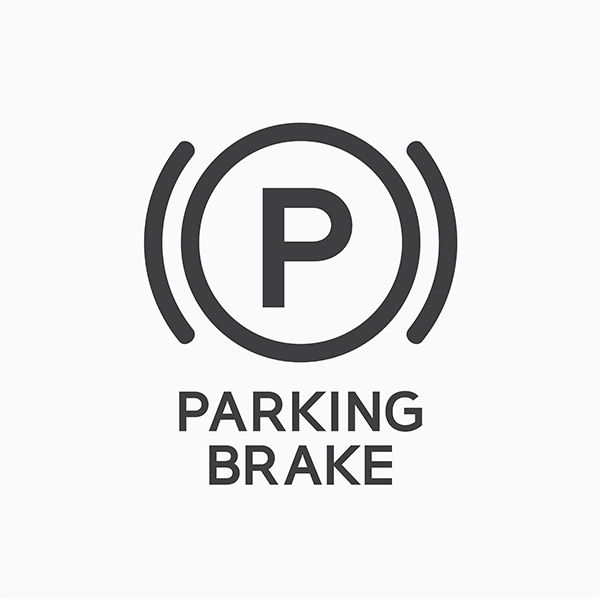
You pull out of your driveway, and something feels off—but you don’t think much of it until you see that glowing brake warning on your dashboard. Then it hits you: you forgot to release the parking brake. Maybe you caught it early, maybe you didn’t—but now you’re wondering if any damage was done.
It happens more often than people admit. Whether it’s a manual handbrake or an electronic button, driving with the parking brake engaged (even slightly) can affect your car in more ways than you’d think. Sometimes, the consequences are mild. Other times, they can get expensive—fast.
How the Parking Brake Works
Your parking brake—also called the emergency brake or e-brake—is designed to keep the car stationary when parked. In most vehicles, it bypasses the hydraulic brake system and operates mechanically, either with a cable or electronic motor that applies the rear brakes.
When it’s fully engaged, it holds the rear wheels firmly in place. It’s useful on inclines or when parking for extended periods. But unlike the regular brake system, it isn’t designed to be used while driving.
What Happens When You Drive With The Parking Brake On
If the brake is only partially engaged, you might not notice much at first. The car might feel a little sluggish, or you might hear a faint squeal from the rear wheels. But driving even a few blocks like this can cause premature wear.
If it’s fully engaged and you continue driving, the results can be worse. You’re forcing the rear brakes to fight against the movement of the car. That can generate a dangerous amount of heat, which damages:
- Brake pads or shoes
- Rotors or drums
- Calipers or wheel cylinders
- In some cases, even bearings or seals
That heat can also warp components or cause brake fluid to overheat, reducing braking performance even after the parking brake is disengaged.
Have You Driven Too Far
Sometimes, it’s obvious—burning smells, smoke, or a noticeable loss of power. Other times, the damage is quieter. You might notice:
- A new dragging sensation when accelerating
- Squealing or grinding from the rear brakes
- A vibration or pulsing when applying the brakes
- Reduced fuel economy or responsiveness
Even if your car seems to drive normally afterward, it’s still worth getting the braking system checked. Heat damage can take time to show symptoms, especially if seals or pads are affected.
Electronic Parking Brakes
Many modern vehicles now use electronic parking brakes, which engage and disengage with the push of a button. While convenient, they add another layer of potential failure.
Sometimes, the system doesn’t disengage properly. Or worse, a sensor fault might engage the brake unexpectedly while driving, especially if there’s an electrical issue. If you feel resistance while accelerating or see a flashing brake warning light, pull over and check the system before continuing.
In vehicles with hill-hold or auto-hold features, the electronic brake can sometimes remain active longer than expected, wearing out components before the driver even realizes what’s happening.
The Right Way to Use Your Parking Brake
To avoid trouble, get into the habit of using your parking brake properly:
Always release it completely before driving. In cars with a manual lever, you should feel it disengage. In electronic systems, wait for the light to go off before pressing the gas.
- On steep hills, apply the parking brake before shifting into Park (in automatics) to reduce strain on the transmission.
- Use it regularly, even on flat ground, to keep the mechanism from sticking or seizing up over time.
- In colder areas or humid climates, infrequent use can lead to rust buildup, making the brake harder to release when you do need it.
What to Do If You Suspect Damage
If you’ve driven with the brake engaged and your car isn’t feeling quite right afterward, it’s best to let us inspect it. Our technicians can check for warped components, worn pads, and signs of heat damage.
Catching a problem early could mean the difference between a minor brake service and a major repair bill. Even if nothing’s wrong, having a clean bill of health offers peace of mind—especially with something as important as your brakes.
Protect your brakes and your peace of mind. Come see us at Don Lee’s Tire & Auto in Raleigh, NC, for expert brake care and honest service.